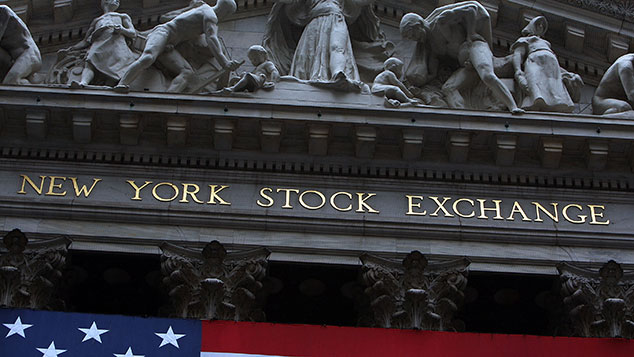
There are a handful of professional investors I always pay close attention to.
Howard Marks of Oaktree Capital is one of them, and he’s just released a new memo on the state of the markets.
Marks made his money primarily in obscure corners of the credit markets. Broadly speaking, he’s a contrarian-minded, value-seeking investor, but not overly dogmatic, and he has a good record.
What’s his view just now? Unsurprisingly, he’s not overly keen on today’s markets.
The easy money has been made
Marks notes that there are plenty of things to feel upbeat about in the economy. He also notes that investors might be getting more excited, but euphoria is not necessarily a feature of markets quite yet. And he points out that the various factors that could derail the good times – soaring inflation, much higher interest rates, war – “can’t be assigned probabilities that are more than modest”.
At the same time, there are a lot of negatives: interest rates are rising; investors seem to be more motivated by fear of missing out than by any sense that there are fundamentally good reasons to be invested; and markets are expensive.
So what does all that mean? To sum up his longish memo, as far as Marks is concerned, “the easy money has been made”.
I want to unpick that line for a moment. People often laugh at this comment – and that’s usually justified. It’s the sort of glib throwaway line you see on the investment news channels when some pundit or other wants to sound as if they know what they’re talking about.
The difference is that Marks does know what he’s talking about. So he warrants more respect than your average talking head. And the fact is, he’s right – the “easy money” has been made.
To my mind, “the easy money” is what’s on offer when the market is clearly cheap. As Marks puts it, “it was certainly easier for the p/e ratio to go from the low teens in 2011/12 to 25 today than it would be for it to double again from here.”
If you buy a market when it’s cheap, then as long as you have patience and can avoid being overly attentive to your portfolio (and thus end up getting panicked out of your position), then you should make money in the long run.
That doesn’t mean that it’s easy to act. In early 2009, there was easy money to be made. But most investors were too scared to make it, because the market kept falling. And in 2011/12, the eurozone crisis kept rearing its head, which deterred investors from taking the easy money on offer back then too.
The key is, there’s always a reason for easy money being available. That reason – a global financial crisis or the risk of a splintering currency union – is what prevents other people from picking up the easy money.
But the point is, if you look at it coldly, then buying a cheap market should be a “no-brainer”. It should be an “easy” decision, even if plucking up the courage to actually act on it is a different matter.
Now, the decision-making process is very different. You have great “big picture” conditions. The global economy is growing. The eurozone crisis is in the rear-view mirror, even if minor pangs erupt every so often. There’s nothing to stop anyone from buying stocks. Indeed, buying stocks is almost an easy decision to make because a) they keep going up, and b) the sky is clear.
There’s just one problem: in historical terms, US stocks in particular are very expensive. You cannot know when the market will revert to the mean (ie, fall from here) and you cannot know how much it will gain before the moment of truth arrives.
But if you choose to be an aggressive buyer of US stocks now, then you have to accept that you are making a market-timing decision. Because at some point, the overvaluation will blow off and you will need to take the profits or lose them.
That’s not easy, “buy and hold” money. That’s hard, “market-timing” money. And most people don’t get to make that.
In short, as a rule of thumb: when it’s hard to buy, there’s easy money to be made. And when it feels easy to buy, it’s going to be hard to hang on to any profits you make.
Or as Marks puts it: “The one thing we can say for sure is that the current prospects for making money in US equities aren’t what they were half a dozen years ago. And if that’s the case, isn’t it appropriate to take less risk in equities than one took six years ago?”
What to invest in outside the US
What should you buy instead? Jeremy Grantham of GMO – another wise old man of markets – reckons that emerging market are where the best (relative) value is right now. He also thinks that hanging onto a small stake in non-US developed economies makes sense (so hang on to Europe and Japan).
That all makes sense to me. All I would say is that if US equities do eventually crash, then global stockmarkets are unlikely to be the best place to hide. Like it or not, the US tends to be the leading market and you rarely see disruption there without it spreading around the globe.
However, as long as you’re avoiding the most egregiously overvalued areas, then in the long run, it’s the sort of thing that your portfolio should be able to ride out.